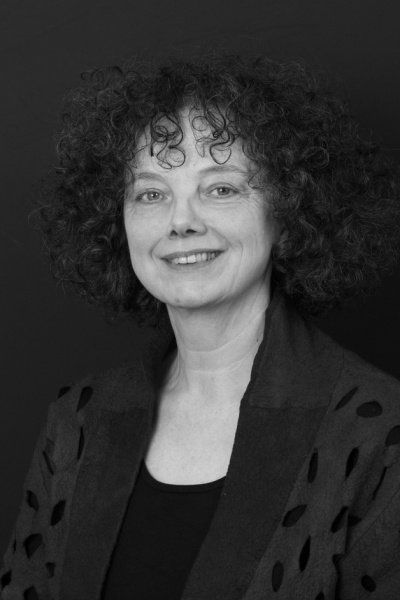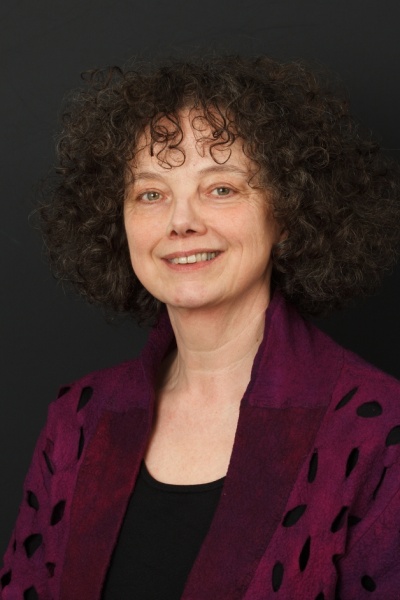‘As if someone is knocking on that door...’
Between October 1945 and October 1946, the Sumobito sugar factory, close to the town of Sumobito between Jombang and Mojokerto in East Java, served as a refugee camp. From 1945 to 1947, following the capitulation of Japan, people in the former Dutch Indies were held in camps run by Indonesians. These camps were known under various names: sometimes they were called refugee camps, sometimes Republican camps, but also Bersiap camps or protection camps. This last term in particular has led to controversy. For example, Herman Bussemaker argues that the use of the word ‘protection camp’ led to people later being unjustly denied war victim benefits in the Netherlands, due to the assumption that people in such camps would not have been exposed to violence.[1] Ronald, who was four years of age when he arrived at Camp Sumobito, also considers it a loaded term: “The emotion that I’m expressing arises from anger at the suggestion that the Bersiap camps were protection camps."
Ronald recounted this at a witness seminar about Sumobito, organised by Getuigen & Tijdgenoten, on 11 December 2018. Four participants were former residents of Sumobito who came to the camp as children from Surabaya. Ronald was the youngest, while Ineke was six years old at the time, Ben was aged 10, and Eric was 13. In hindsight, most felt that they were held hostage at the camp. They certainly did not feel protected. Although Eric adds a pragmatic note: “We would not be here today without that protection.” It became clear that their stay at the camp greatly affected their lives. The way they arrived at the camp, the timing of their arrival, the things they saw around them, the living conditions there, and their experiences after leaving the camp: these aspects turned out to have affected each of them differently. For example, Eric, who came to the camp at a later stage, had less traumatic memories because the camp guards were more aggressive during the early period, according to fellow residents of the camp. Ronald recounted: “In the early months of internment, from September 1945 onwards, camp internees were regularly subjected to physical violence if they did not adhere to the camp rules. The guards hesitated at nothing, even murder. My father was murdered in the camp in November 1945.” And although Ineke herself remembers little of the camp, the traumatising experiences of her older brothers and sisters did not fail to affect her.
During the witness seminar we discussed how shared recollection allowed people to assign a deeper meaning to different experiences. In 2003, Ronald organised a reunion for former camp internees because he wanted to share his experiences of that time, but also because he had many questions that he could not answer by himself. The reunion was an unexpected success and new contacts were established between former internees. In the autumn of 2018, Eric was featured in an episode of the documentary Andere Tijden, Revolusi in Indonesie, where he talked about his time in Sumobito. That in turn led to contact with Ronald, and eventually to this witness seminar.
It soon became apparent that people’s memories of their time in the camp were dominated by sensory experiences. To this very day, Ben and Eric associate the smells of faeces and of dead bodies with Sumobito: “Odours are part of your everyday life, you can never get rid of that.” But seeing the colours of the Dutch flag is also a sensory experience; one which Eric describes having when he left the camp on June 29, 1946: “I experienced my first day of freedom there. It was the first time I had seen the red, white and blue flag since March 1942. The red, white and blue out in the open, that was quite an experience."
Memories of daily life in the camp proved to be strongly marked by the restrictions on movement that the witnesses experienced when they were children. They couldn't leave the camp, but even within the camp there were unknown areas. “As a boy, I had a very small range of movement, it was a safe cocoon, a bubble.” Some of their memories consist of stories they heard on the grapevine about other parts of the camp: “Afterwards you think, ‘maybe some of it was true’, but it made a profound impression on us children." Eric put the situation into perspective by saying that life was hardly rosy for people outside the camp either: “But things were difficult outside the camp too, the Indonesians were all skin and bones.”
The witness seminar concluded with a retrospective and the question of when they had started remembering their camp experiences again. For some, it happened gradually, or at moments when they had time to look back. Ineke was able to process her experiences fairly quickly. For Ben, everything came flooding back during the war in Bosnia. Eric said his memories were always present, but usually remained dormant: “I didn’t have time to think about it. I didn’t hide them away, but I did close the door on them... They can be triggered, as if someone is knocking on that door.”
Eveline Buchheim
[1] Bussemaker, H. T. (2005). Bersiap! Opstand in het paradijs : de Bersiap-periode op Java en Sumatra 1945-1946. Zutphen: Walburg Pers, 314-315.
![Geïllustreerde atlas van de Bersiapkampen in Nederlands-Indië, 1945-1947 / Henk Beekhuis ... [et al. ; bew. kampplgr.: MaxZ, M.P.B. Ziellemans ; red.: Henk Beekhuis]](/sites/default/files/styles/headerbeeld/public/2019-04/Afbeelding%20Blog%20Soemobito.jpg?h=5dcfa06e&itok=6ROZpb5q)


